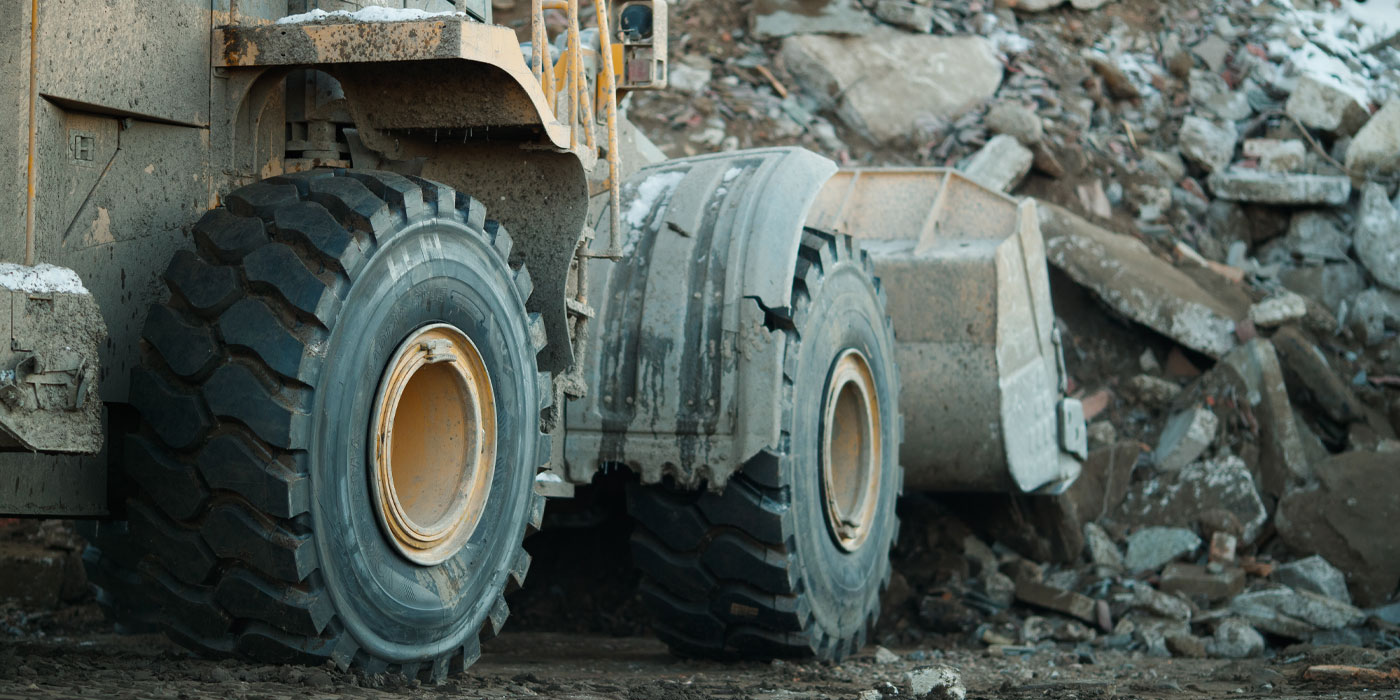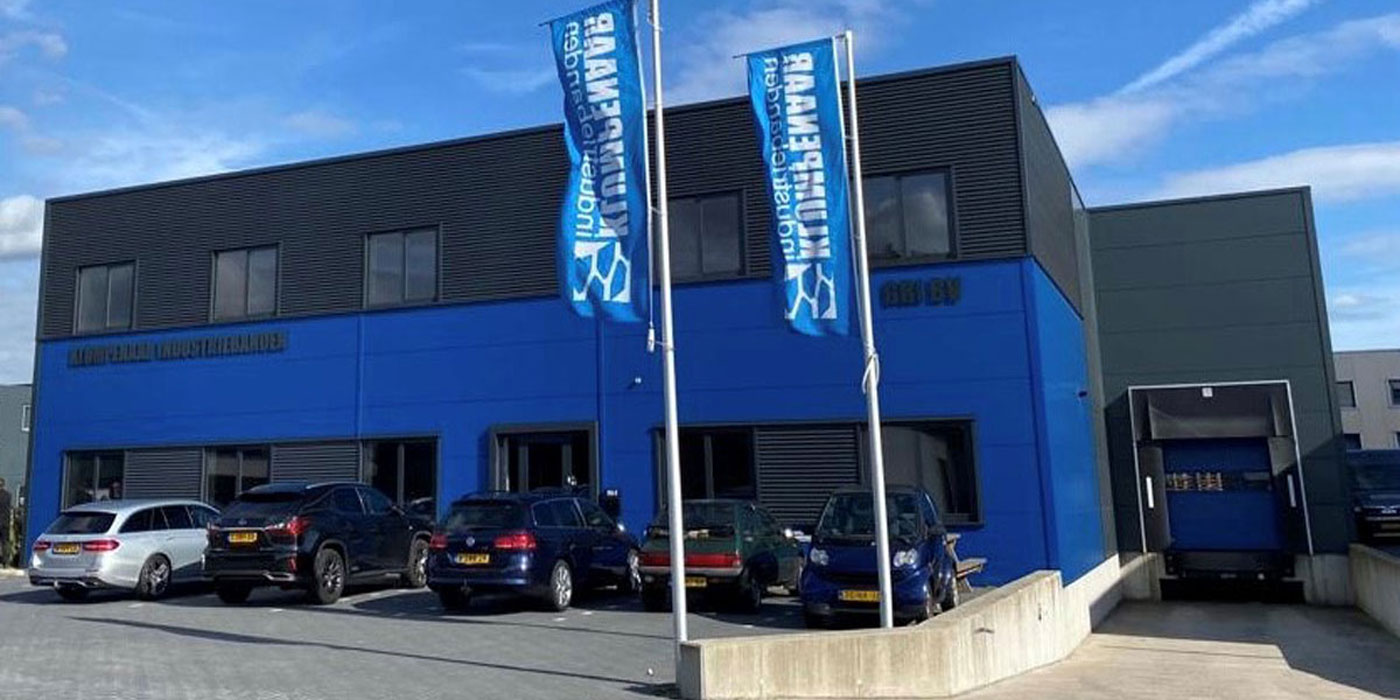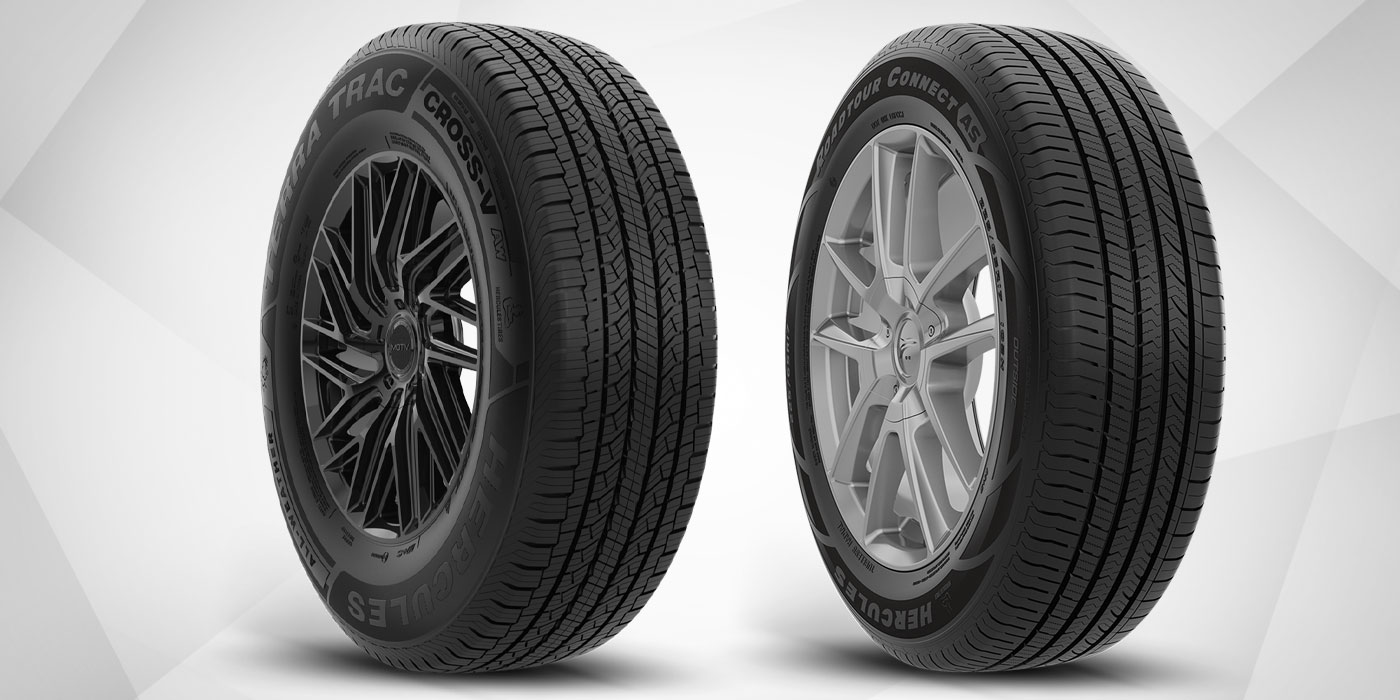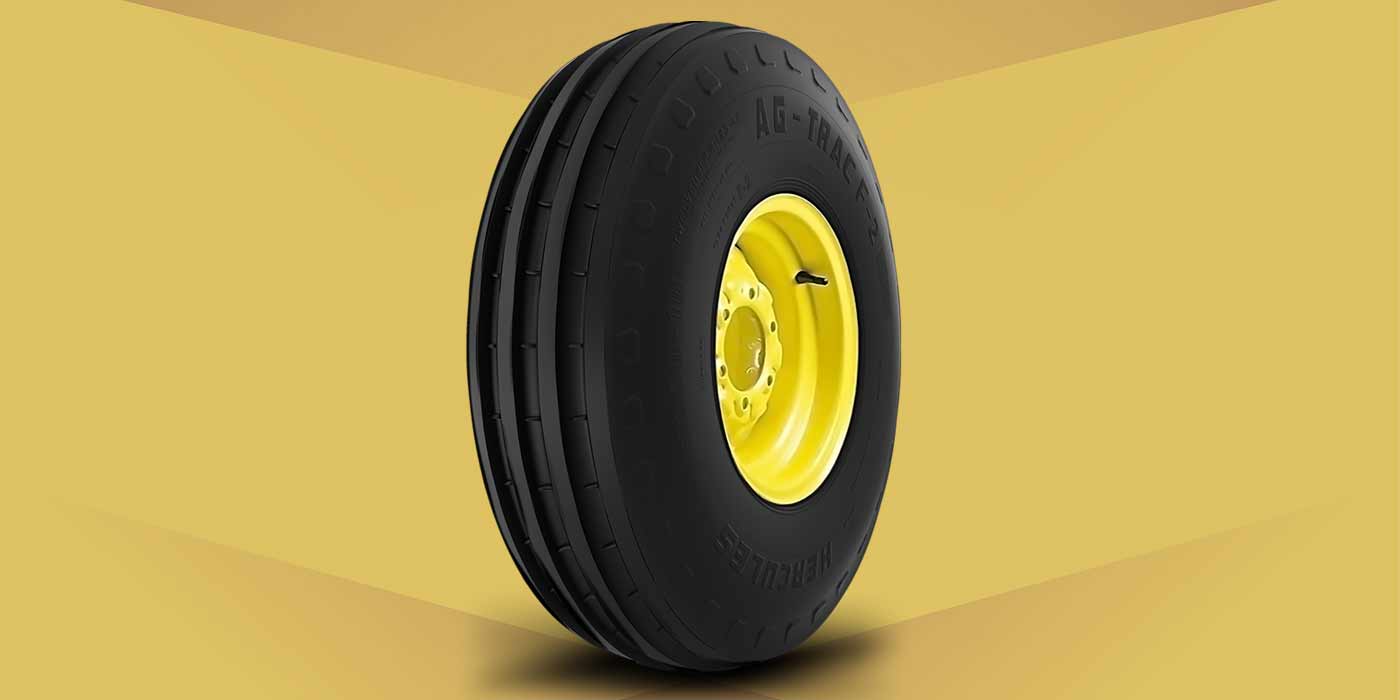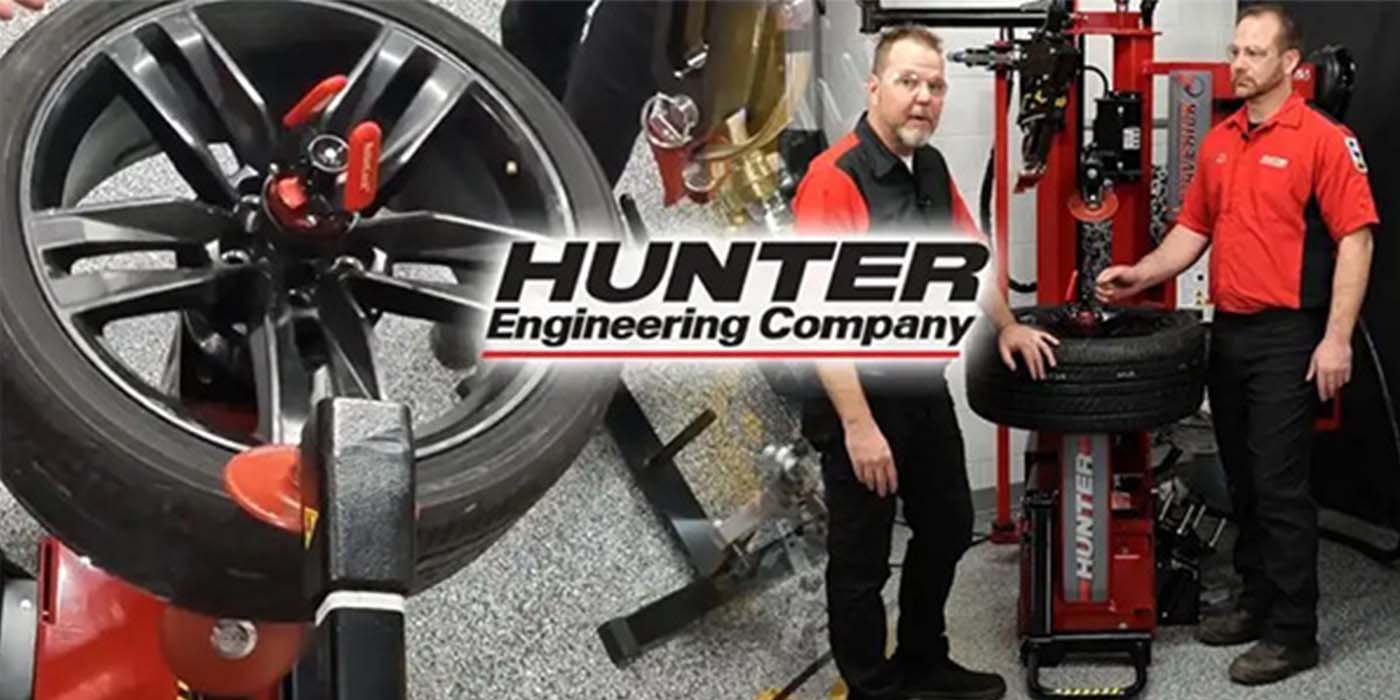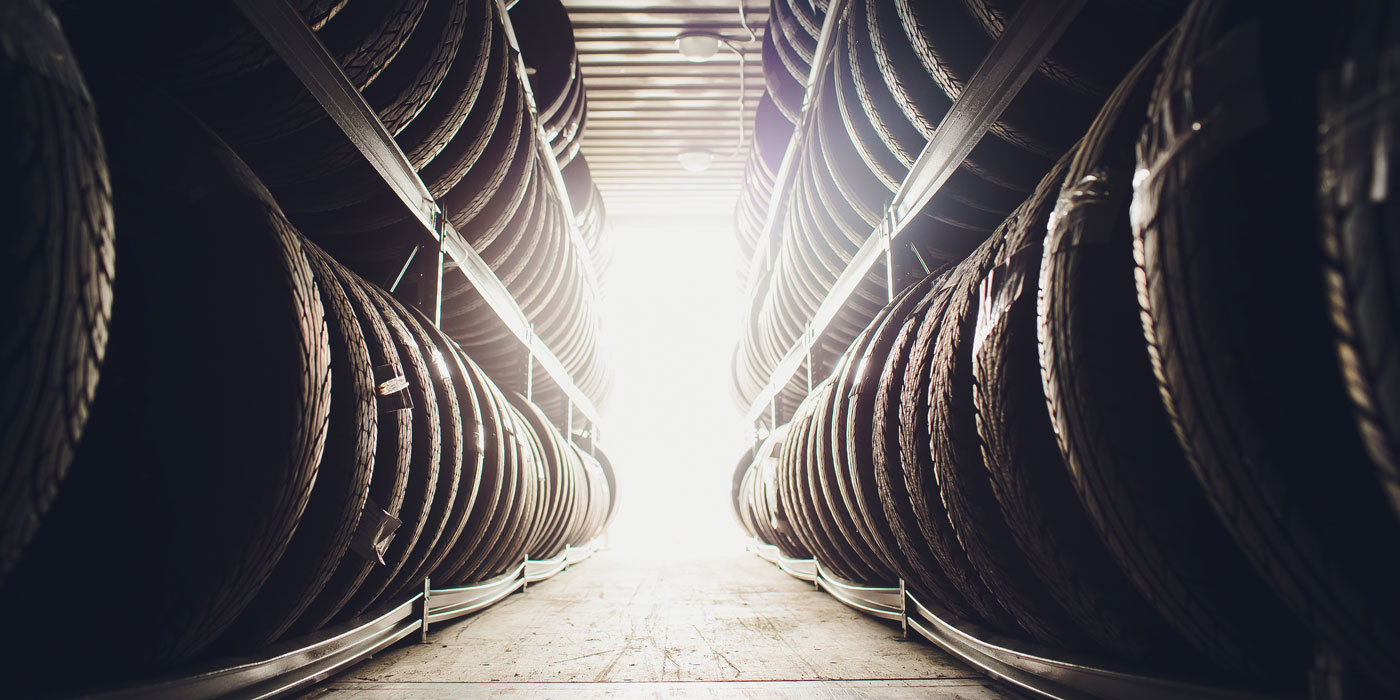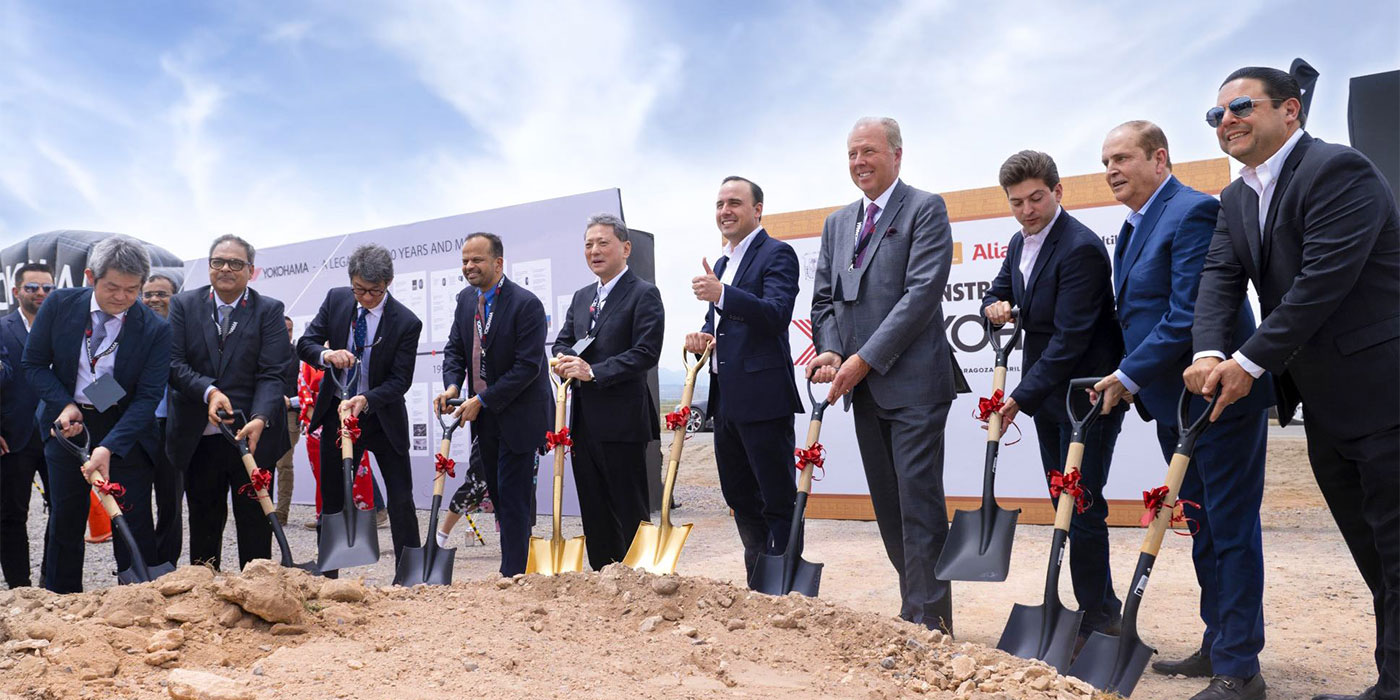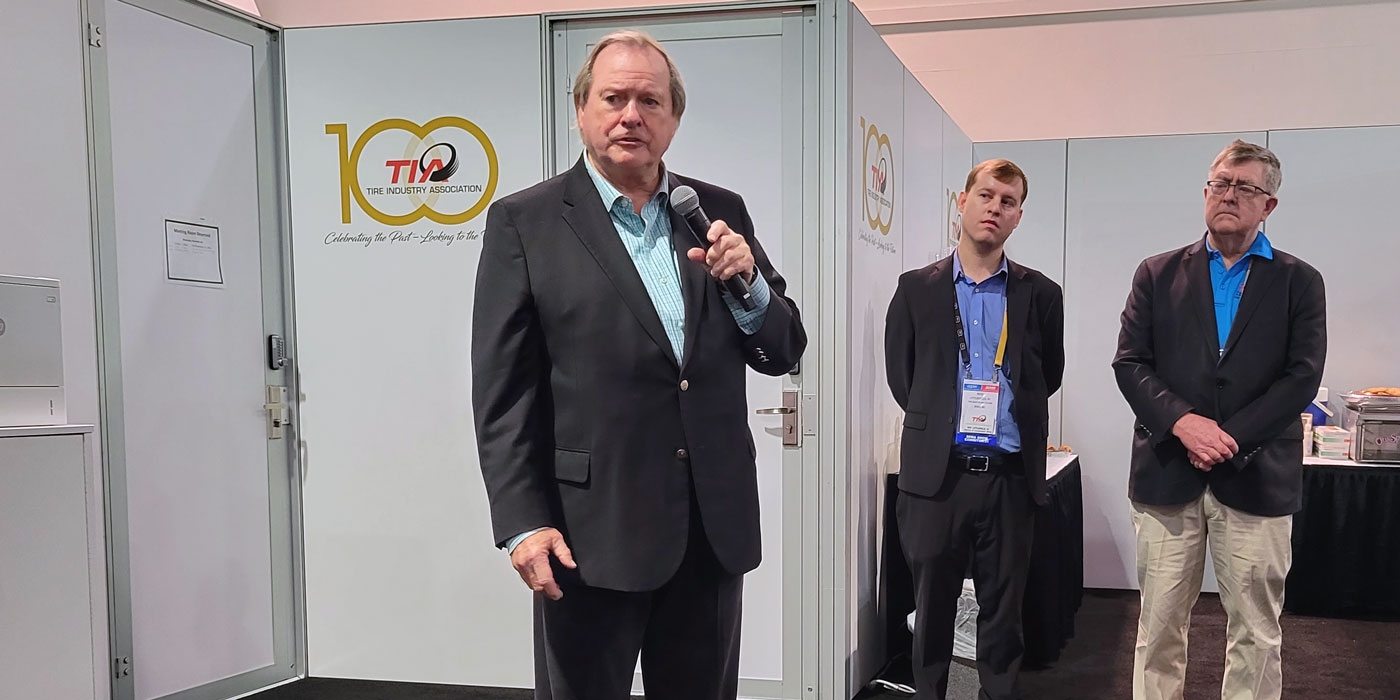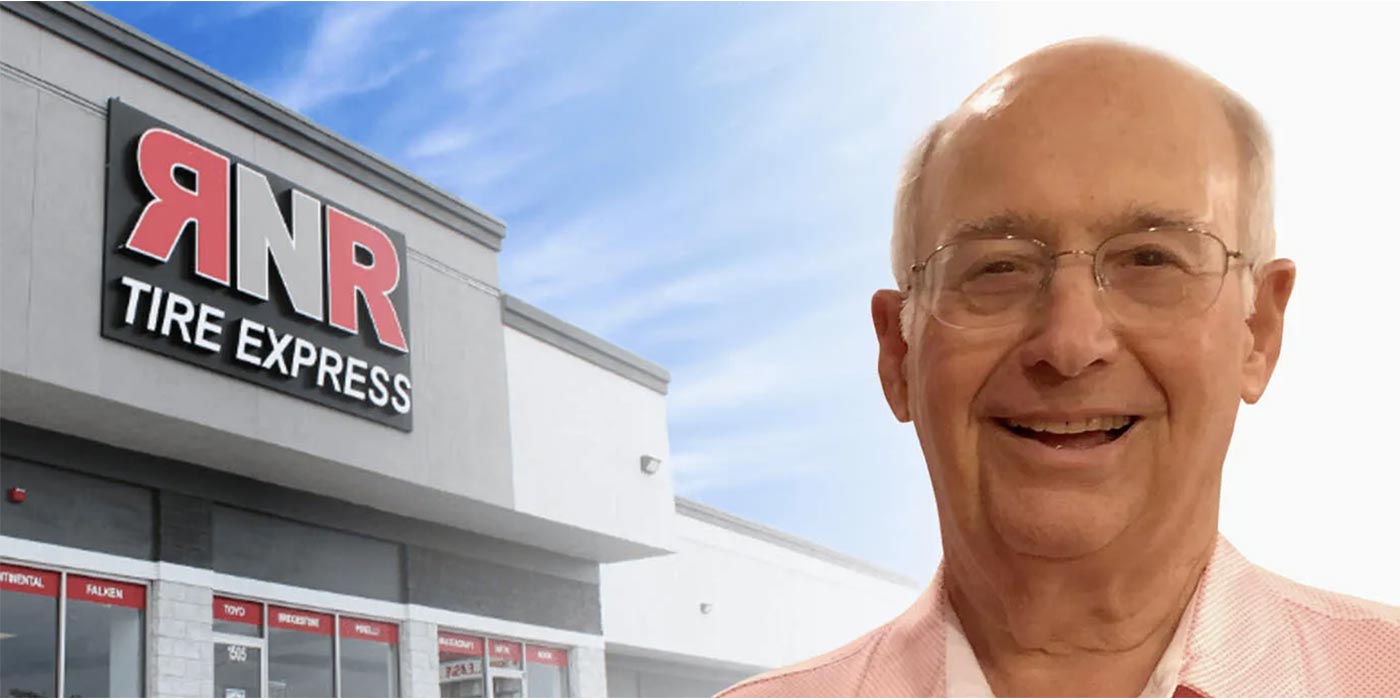In 2000, new tyre manufacturers, retreaders and importers of foreign brands agreed to combine their efforts – in conjunction with government – under the auspices of a Section 21 non-profit company, the SATRP (South African Tyre Recycling Process) in an effort to arrive at a viable solution that would satisfy the needs and requirements of each market sector. To date, the long-awaited legislation required to spur the process on has not materialized. Why the delays, and what, if any, progress has been made?
The short response to this is, very little. Allegedly, government or should we say, DEAT (Department of Environmental Affairs and Tourism), keeps on imposing new deadlines for its department towards the furtherance of this project, only for each deadline to be missed and extended to a later date. And so it goes. The first murmurs by government pledging their involvement and support to this issue surfaced around the year 2002. Their intention at the time was to introduce official legislation surrounding the disposal of scrap tyres to coincide with the World Summit, which was hosted by South Africa in October of that year.
Similarly, earlier this year, DEAT committed itself to reaching a conclusion on this matter in the form of a draft by February, ahead of the Municipal Elections. Again, nothing materialized. This time, the delay was attributed to the proposed Regulation that, via a number of workshops with DEAT, has been amended and reduced a number of times since 2001. The latest draft has not been made available for comment. However, the tyre industry has expressed concern over the re-drafts, which key members say are now far too basic and simplistic, thereby failing to adequately address the needs of each party affected by this problem.
In response, Rantsadi Moatshe, director, waste management of DEAT, said that the recovery, reuse and recycling of tyres can only take place provided the industry is able to collectively set up programmes to meet these challenges. He added that one of the crucial challenges the department had experienced since 2002 was the tyre industry’s apparent fragmented approach to this issue.
In defence, the industry said that 10 months were lost due to DEAT’s discussions over this project – mostly without the tyre industry’s knowledge and with non-tyre people who tried to persuade DEAT to adopt other approaches. A further 14 months were spent dealing with lawyers to redraft the Regulation numerous times so as to comply with the new DEAT executives moving in and out of the department. And, DEAT also requested the industry obtain an opinion from the competition commission that took the best part of another 12 months.
To be fair to all, there are extenuating circumstances at play, not least of which is the tyre industry, which appears divided on certain issues around this sensitive issue.
Although the majority supports the concept of finding a workable solution that is backed by legislation, some contest certain recommendations that have been made towards the furtherance of this project – for one, the proposed levy or ‘green’ fee, which would need to be introduced to cover logistical costs like collection, delivery, transportation and the like. Some are resisting the proposed figure, which, due to lower volumes and vast distances one would have to cover in South Africa, is admittedly higher than in overseas countries. Others say that adding yet another separate line item to their billing systems will place even more pressure on their current abilities to remain profitable.
There are issues surrounding the collection of the proposed ‘green’ fee, as well. The plastic bag project proved that ‘green fee’ monies paid to Treasury becomes a tax that will, in all likelihood, not be made available to promote collection and recycling. The tyre industry cannot afford to adopt the same course of action, particularly as it will be reliant on the prompt and total collection of this fee to collect and deliver tyres to the relevant recyclers.
As for the Regulation, it proposes that every tyre that is removed from a vehicle must be inspected to ensure there is enough tread to (a) re-sell the tyre, (b) retread it or (c) scrap it.
Once a tyre is relegated to the scrap pile, the Regulation stipulates it must be mutilated – either manually or by means of specialized equipment, such as the Mutilator Machine manufactured by US-based company Carstensen Equipment. This is to prevent the temptation by any collector to dispose of waste tyres by selling them as unroadworthy, part-worn (second hand) tyres.
The SATRP is proposing one of two options: that dealers purchase one of these machines and for the execution of this task to take place on their premises, or for dealers to cut these scraps with a bolt cutter (less costly perhaps, but more difficult and time-consuming). Not all dealers agree with this recommendation. Some argue this should be the responsibility of the appointed collection company, so as to avoid incurring additional capital equipment and labour costs to their operations.
In turn, the SATRP claims there are valid reasons why delegating this particular task to the collection company would not work.
“A major incentive for the industry to see legislation introduced in South Africa is to eliminate the growing number of scrap tyres currently circulating as ‘used’ tyres,” explained Des Griffith of the SATRP. “Assigning responsibility to the Collection company for the mutilation of the tyres would not necessarily eliminate this problem, as the temptation to dispose of the tyres illegally for the extraction of by-products like the steel cord would still exist.
“We need to totally eliminate the number of these waste tyres from the system, not add to them,” concurred Dr Etienne Human, who heads up the SATRP.
“Currently, as in the past, tyre dealers are forced to dispose of their scraps at their own cost – and this can run into thousands, as the exercise below will show. First of all, they are paying anything from R5.00 to R15.00 per tyre to dispose of them at landfill. The tyres have to be loaded onto a vehicle, transported to the nearest disposal site and unloaded, thereby incurring further costs to the operation,” explained Human.
“We estimate the average tyre dealer in South Africa should be incurring costs of about R52 000.00 per annum to legally dispose of his waste tyres,” continued Human. “Very simply, to establish this figure we worked on the premise that: all tyres sold to the replacement market go through the dealer; all waste tyres end up with the dealer; all dealers sell passenger, light and heavy commercial tyres.”
Of course, the third part of this assumption is a variable, as many dealers do not sell commercial tyres. This means that dealers that sell only passenger and light commercial tyres will be paying less per annum than those who trade in heavy commercial tyres. With this in mind:
Total number of tyres sold per annum:
Passenger and light commercial – 7,800,000
Heavy commercial – 1,200,000
Total number of tyres: 9,000,000
Total mass of scrap tyres in kg:
Passenger and light commercial – 66,000,000
Heavy commercial – 63,600,000
Total mass: 129,600,000
Cost of disposing of tyres at landfill:
Passenger and light commercial – R 3.00 to R 5.00 each
Heavy commercial – R10.00 to R15.00 each
Cost of transport: R0.35 to R0.55 perkg
The average number of tyres sold per dealer is 6,206 per year, (or 22 per day). The number of working days per year is assumed to be 286 (5.5 days per week).
“Obviously, not all dealers pay the same rates for each of the listed items above, but what this exercise does serve to illustrate, is that disposal costs are substantial,” explained Human. “On a positive note, once the proposed green fee is in place, these costs currently being incurred by the dealers, will automatically fall away.”
“Once the initial cost of the Tyre Mutilator (about R25 000.00) has been recovered, the system we are proposing would actually save the dealers money,” suggested Griffith. “The mutilation is quick and easy and can be performed by any member of staff. Moreover, the likelihood of dealers having to employ additional staff for this task is slim, as existing staff members could attend to this during the course of the day during quiet spells,” added Human.
Like it or not, every business – whether it be a factory, an office or a tyre dealer – generates waste, waste that requires some effort and funding to dispose of in a sustainable manner.
The industry is rife with rumours concerning the alarming rise in illicit practices by unscrupulous dealers that (a) either brazenly trade in scrap tyres to boost profits or (b) pile up all their scraps onto the pavement at the end of each day, only for the pile to vanish by the next morning, thereby not having to incur disposal costs of any kind.
It has been suggested that much of the resistance being voiced stems from such operators who could soon find a lucrative but dubious aspect of their business coming to an abrupt halt.
“For the most part, dealers, retreaders and new manufacturers alike agree that arriving at a formal, structured solution to the scrap tyre problem in South Africa is the ethical and socially responsible thing to do,” confirmed Human.
“The intention of creating a mechanism whereby scrap tyres are removed by established, accredited collectors and correctly disposed of is an honourable intention, and one fully supported by the Hi-Q Franchise Group,” echoed MD, Andrew Bowrens.
“A levy (green fee) was to have been charged which would cover the collection. None of this has happened, resulting in franchisees having to pay for the disposal of their scrap tyres. This has resulted in cost escalation from the franchisee’s perspective,” continued Bowren.
“We are also of the view that, as a result of this procrastination, the number of informal street vendors of second-hand tyres has also escalated, thereby not only increasing the competitor base, but more importantly, placing the public at risk. Such users may well be purchasing unsafe tyres which find their way back onto our roads to the detriment of the general public,” he said.
“There will always be opposition to such legislation by some folk profiteering from the prevailing lack of control,” continued Bowren. “We are not in support of such profiteering, and the longer it takes to bring the matter to finality, the larger the group of unscrupulous traders will become. Good governance in this regard is certainly in all of our interests, from an environmental perspective and a general road safety aspect.
“We are concerned over the apparent lack of progress from government, particularly as we realize that even once promulgated, it will take a good 10-12 months to establish suitable collection processes. As far as the Hi-Q franchisees are concerned, they are ready to take up their responsibility with regards to the correct disposal of scrap tyres.
So what is government’s response? Further to Moatshe’s official response to our questions, he said it is envisaged that the regulations will be published before the end of the current financial year – but that the process could even be concluded earlier than that.
As to the problem expressed by key industry personnel such as Andrew Bowren, Moatshe said that all second-hand tyres are expected to comply with specific SANS standards and that retreaders should comply with these standards. As for those ‘dodgy’ few currently milking the system, he simply said the non-compliance to these standards is currently being monitored by the Department of Transport.
As far as the industry is concerned, these well-worn excuses are beginning to wear thin. “Dunlop Tyres is disappointed and frustrated by the constant delays on government’s part to fully commit to the process,” said spokesperson Kathy Roberts. “And, based on current government process, we are not optimistic that legislation will be passed in the near future.”
“Much like the rest of the industry, Continental is highly frustrated with the delays. We believe the industry has fulfilled all government’s requirements (and more), and find the delays really unacceptable,” concurred Piet Swart, general manager of manufacturing for Continental and Chairman of the SATRP. “In the meanwhile, a lot of opportunities are being wasted, both from an environmental and investment point of view.”
“As for when legislation is like to be implemented, that we cannot predict,” continued Swart. “On several occasions, we believed we were close to finding a solution, only to be disappointed. We will have to wait and see.”
By all accounts, the next step might well have to be a request for an emergency meeting with the Minister, failing which the industry may have to resort to stronger measures to elicit cooperation.
Failure to reach some sort of resolution is also beginning to impact on the SATRP that has had to fend off criticism and accusations that its members have been profiting from their elected positions for a number of years now, despite its failure to arrive at formal resolution to the problem.
“The tyre industry to date – and specifically the new manufacturers and importers – has spent close on R3million and 40 000 man-hours supporting this process,” responded Human, “but the greater portion of that sum has gone towards meeting exorbitantly high legal fees and other hidden expenses, not to the people heading up the SATRP.
“We, too, are growing increasingly weary of supporting a process that appears to have no solution, particularly as we’re aware of some of these negative allegations in the marketplace,” continued Human. “Ultimately, the SATRP is held accountable, but can do very little to speed up the process.”
“The negativity harboured by some is to be expected,” added Griffith, “but. in essence, what started off as a relatively straightforward process has become a long and seemingly complicated affair, with no clear end in sight. In truth, the government’s approach to this has been tardy and the constant changes in personnel at government level have not helped the situation,” he said.
“In the meantime, foreign investors have begun to lose faith in our ability to arrive at a workable, legal solution and are beginning to look elsewhere,” added Human. “Coupled to that, local recyclers have been hit hard, as volumes of suitable scrap tyres required to sustain their businesses continue to decline, and illicit disposal practices soar.”
As things stand, that vital piece of legislation that will serve to guarantee compliance by the industry and the motorist has not been promulgated. In the meantime, we continue to see a growing number of worn illegal tyres circulating in the market, posing a severe risk and danger to the consumer.
Despite the collective investment of millions of rands on the part of the tyre industry, not only does a concrete viable solution remain elusive, the recycling business is under severe threat. More alarming still, potential investors have grown tired of our repeated, well intended assurances that South Africa potentially offers a host of recycling business opportunities, and have begun setting their sights and their cash on other emerging markets.
When all is said and done, and as has been illustrated time and time again, the industry might do well to consider exposing the matter to the media in a final effort to elicit the required response.

